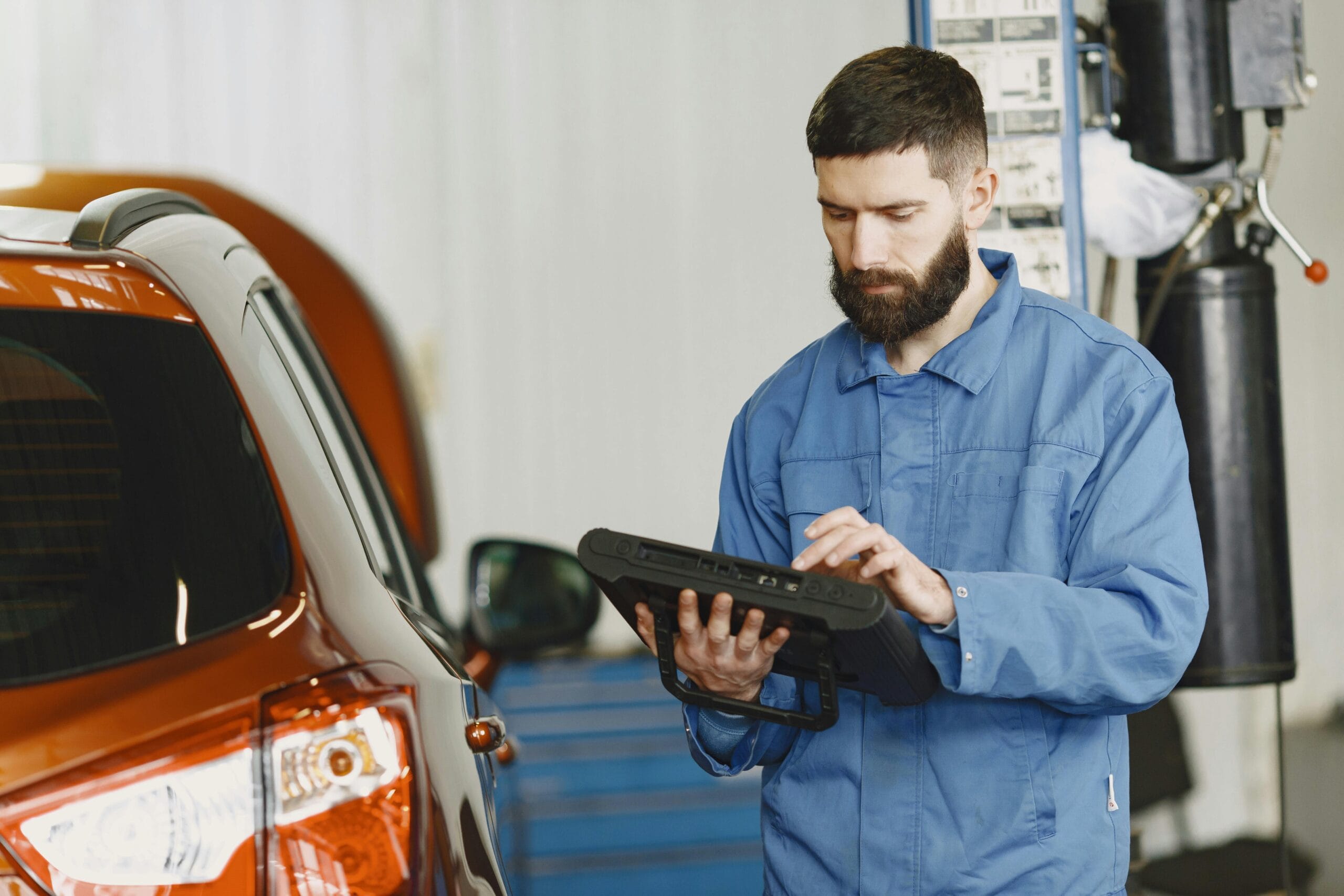A car comes in with light front damage. You replace the bumper, bit of polish, and send it out. No warning lights, no complaints. Job done, right?
Not quite.
Skipping a post-repair scan can leave hidden faults undetected and open your shop up to risk. Let’s look at why scans matter and what the data from real workshops shows.
Why Post-Repair Scans Matter
ADAS systems are sensitive to even small changes. A radar that is slightly off-angle or a camera that is no longer calibrated may not trigger a dash warning. But it could still misread traffic or fail to activate safety systems.
Post-repair scans are your safety net. They help you catch:
- Active and stored DTCs
- Sensor communication faults
- Calibration requirements
- Software issues
- System deactivations that may not display a warning
Even if the customer cannot see it, the scan tool can.
Real-World Stats From the Field
In multiple industry audits across panel shops:
- A large number of vehicles had no visible warning lights but a majority of those showed active or pending faults during a scan
- Around 1 in 5 needed calibration or further diagnostic work
That means many cars are going back to customers with partial or non-functioning safety features and no one knows until it fails on the road.
It Is Not Just About ADAS
A post-repair scan can also catch:
- Airbag and SRS faults
- Power steering and ABS issues
- Battery disconnect relearns
- Communication errors between modules
- Broken or unplugged components missed during reassembly
It gives you proof that everything was checked before delivery. That documentation protects your shop if something goes wrong later.
When Should You Scan?
As a general rule, scan:
- Before disassembly (pre-scan)
- After repairs and reassembly (post-scan)
You should scan after any work involving:
- ADAS features
- Electrical systems
- Module replacement
- Collision damage
- Airbag or restraint systems
Final Tip
You do not need to guess. Let the scan tool tell you what is working and what is not. A five-minute scan now can prevent a five-figure claim later.
Scan. Document. Protect your shop and your customer.
For more resources, visit our Calibration Club.

Hiran Alwis is an automotive lecturer and ADAS specialist with over 15 years of experience in diagnostics, advanced safety systems, and technical training. He founded ADAS Project to help everyday drivers and workshop technicians understand and safely use advanced driver assistance systems.
